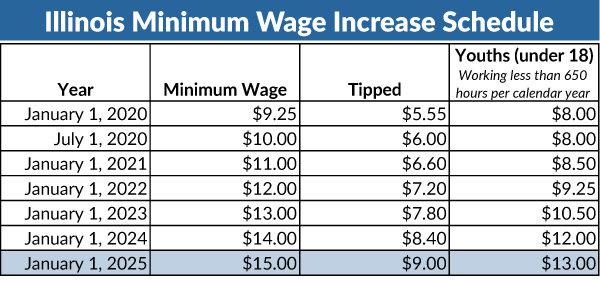Over the past six months, Donald Trump has been in and out of the courtroom facing 91 felony charges through federal and state courts. Here’s a quick breakdown of his four major indictments:
New York Hush Money Case
This case alleges that Trump falsified business records to conceal a payment he made in 2016 to adult film star, Stormy Daniels. Upwards of $130,000 was sent to Daniels—allegedly in exchange for her silence after she threatened to make public information regarding an encounter she and Trump had in 2006. The prosecution claims that this money was sent through Trump’s lawyer, Michael Cohen, and later reimbursed through the Trump Organization. Misuse of campaign funds is classified as a felony in New York, and carries with it a maximum sentence of four years in prison.
Trump has pleaded not guilty to the charges and denies any affair with Stormy Daniels. His defense claims that the payment was not campaign related.
Classified Documents Case
Trump is accused of taking highly classified documents from the White House in 2021 after his presidency, and refusing to return them when asked by federal officials. In August of 2022, these documents were recovered from his Mar-a-lago estate by the FBI. The indictment alleges that Trump showed these documents to people who did not have proper security clearance, which is a threat to national security.
Trump has pleaded not guilty. His defense claims that the case is biased and politically motivated in an attempt to harm his 2024 campaign.
Federal Election Interference Case
This case alleges that Donald Trump made an effort to overturn the 2020 election by spreading false information regarding election fraud in the months leading up to the election. The prosecution does not allege that Trump had a direct hand in the events that unfolded at the Capitol on January 6th, but rather that he more generally obstructed the peaceful transfer of power after the election.
Again, Trump has pleaded not guilty. He claims that it is his decision to believe that the election was unfair is protected under the First Amendment, and he should not face consequences for his actions.
Georgia Election Interference Case
Similar to the Federal Election Interference case, this indictment concerns Trump’s involvement in the 2020 presidential election. However, it places specific emphasis on a recorded phone call of Trump with Georgia’s Secretary of State, Brad Raffensperger. Within the recording, Trump is heard asking Raffensperger to “find me 11,780 votes,” a number which was needed to secure a victory in the state of Georgia.
Trump has pleaded not guilty, citing similar reasoning to the previous cases.
Additionally, he has been faced with multiple civil cases involving fraud that are currently ongoing. At the moment, the trial dates for all criminal cases are subject to change due to Trump’s efforts to delay them until after the 2024 presidential election.

